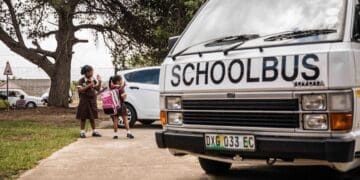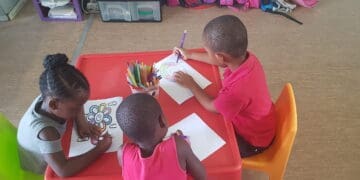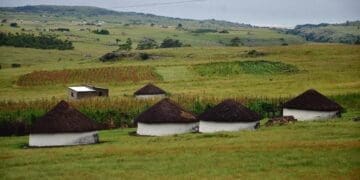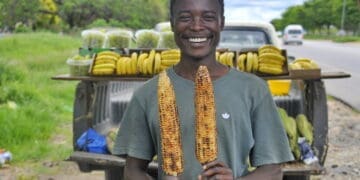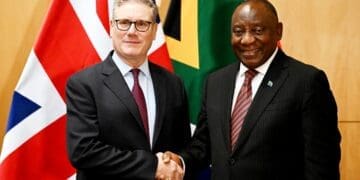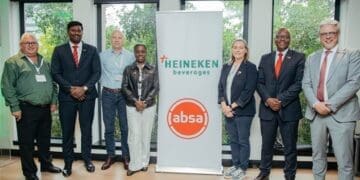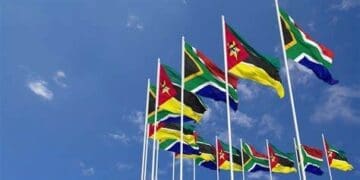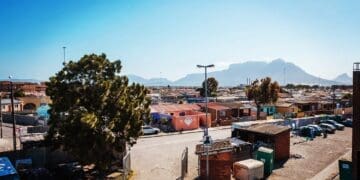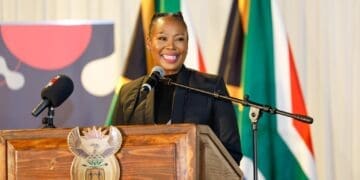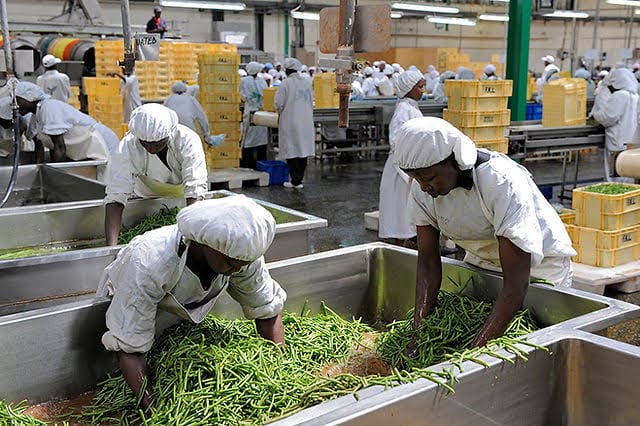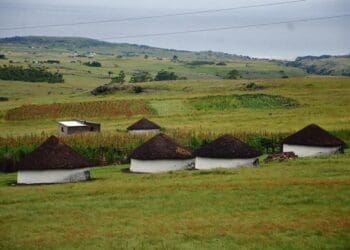South African small businesses are gearing up for a rare opportunity to connect with buyers and investors from across West Africa ahead of the ASSETS Trade Mission set to take place in Johannesburg and Cape Town in November.
The mission, organised by the Gauteng Growth and Development Agency (GGDA) in collaboration with WESGRO, aims to strengthen intra-African trade by linking local entrepreneurs with Ghanaian and other African counterparts. It forms part of broader efforts under the African Continental Free Trade Area (AfCFTA) to boost cross-border business and help small enterprises expand beyond South Africa’s saturated markets.
For many township-based exporters, however, the opportunity comes with mixed emotions excitement tempered by uncertainty about how to access the event.
“I only heard about the mission through another business owner on Facebook,” said Phumzile Nkosi, who runs Bantu Harvest Foods, a Soweto-based agro-processing company that produces dried fruit and spice blends. “We would love to connect with buyers in Ghana or Nigeria, but there’s no clear information on how small businesses like ours can participate or what kind of products they’re prioritising.”
Nkosi said that while her company is export-ready, the biggest obstacle remains the cost and complexity of moving goods across borders.
“Freight prices to West Africa are unpredictable, and export certification adds layers of paperwork we can’t always afford,” she explained. “Without technical support or subsidised logistics, many of us just can’t compete.”
The GGDA says the mission was designed precisely to address those concerns by giving small businesses exposure to new markets under the AfCFTA framework.
GGDA spokesperson Thabiso Mofokeng told Vutivi Business News that the agency is “actively working to ensure township and women-led enterprises are represented” through pre-screening, funding assistance and market readiness training.
“This trade mission isn’t just about corporate networking,” Mofokeng said. “It is about building long-term linkages between South African SMEs and their peers in West Africa. We have prioritised sectors like agro-processing, textiles, and green manufacturing areas where small businesses can meaningfully participate.”
Still, many entrepreneurs remain doubtful whether such missions translate into real deals on the ground. Vusi Hlongwane, founder of Thrive Leatherworks in Katlehong, which produces handmade leather accessories, said he has attended similar initiatives before but rarely sees tangible results.
“It’s good exposure, but too often these programmes attract the same group of businesses that already have export connections,” he said. “If the goal is to grow Africa’s trade inclusively, then township manufacturers like us need to be at the table — not just watching from the sidelines.”
Trade experts note that intra-African exports still make up less than 20% of total trade across the continent, far below Asia’s 60%. South Africa remains a key driver in efforts to change that balance, but progress has been slow. Many smaller enterprises lack export readiness, reliable logistics partners, or working capital to fulfil orders from new markets.
The AfCFTA secretariat has urged member states to invest in simplifying border processes and digitising customs documentation to ease trade for SMEs. Yet in practice, South African small exporters say they often face the same red tape that has historically favoured large corporates.
For entrepreneurs like Nkosi and Hlongwane, this month’s mission represents both hope and hesitation — a test of whether continental trade can finally become inclusive. “We don’t want to be left behind while the big players reap the rewards,” Nkosi said. “We just need the tools and access to prove that township businesses can compete on an African stage.”
lazola@vutivibusiness.co.za

